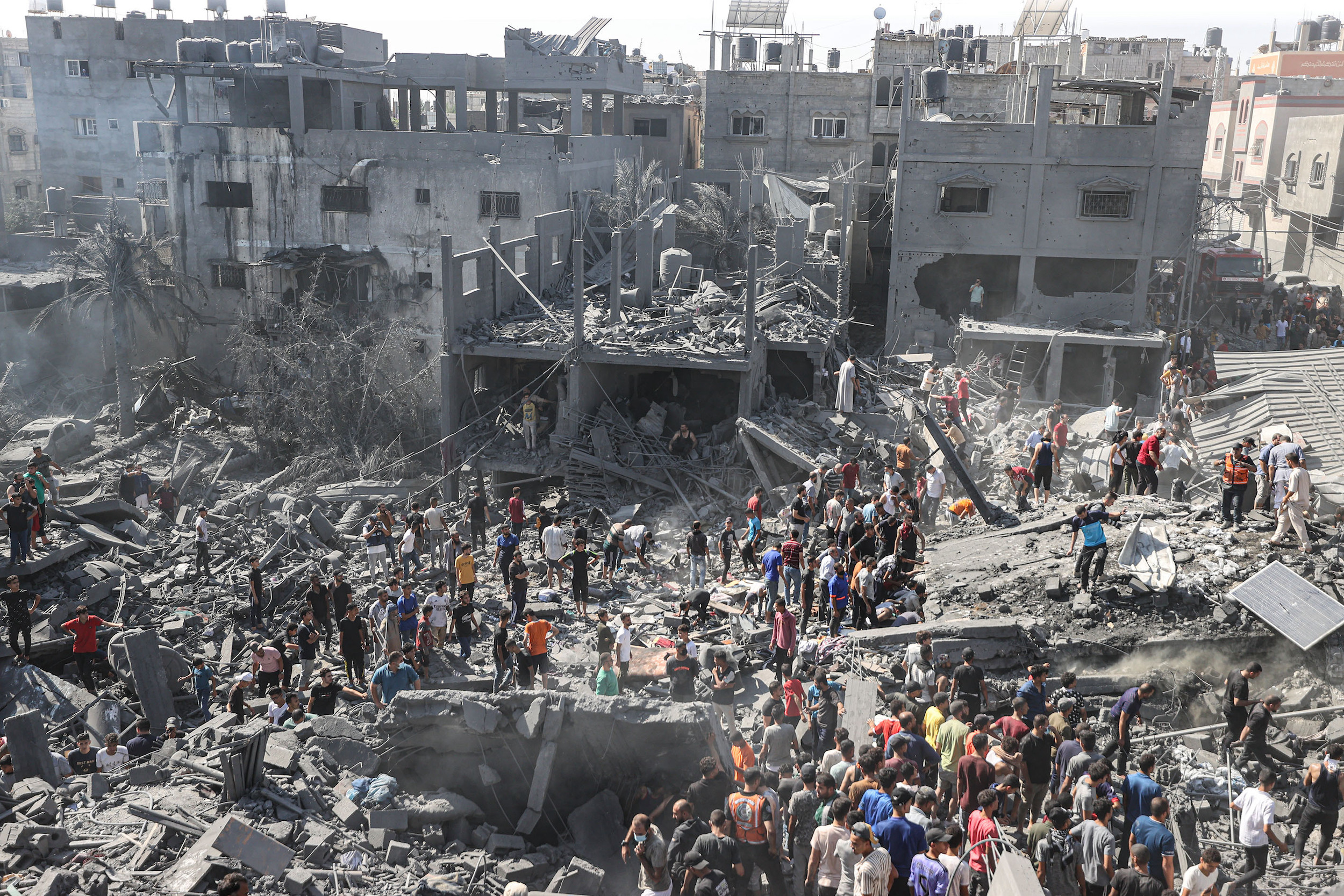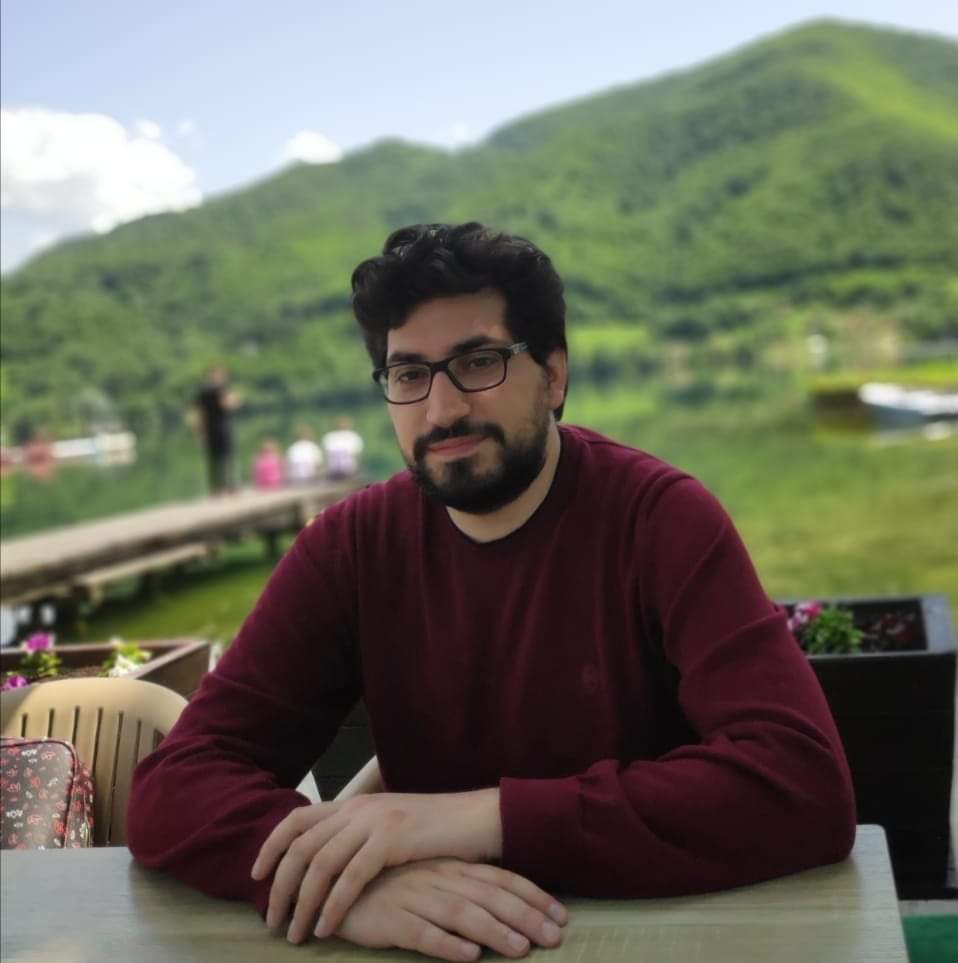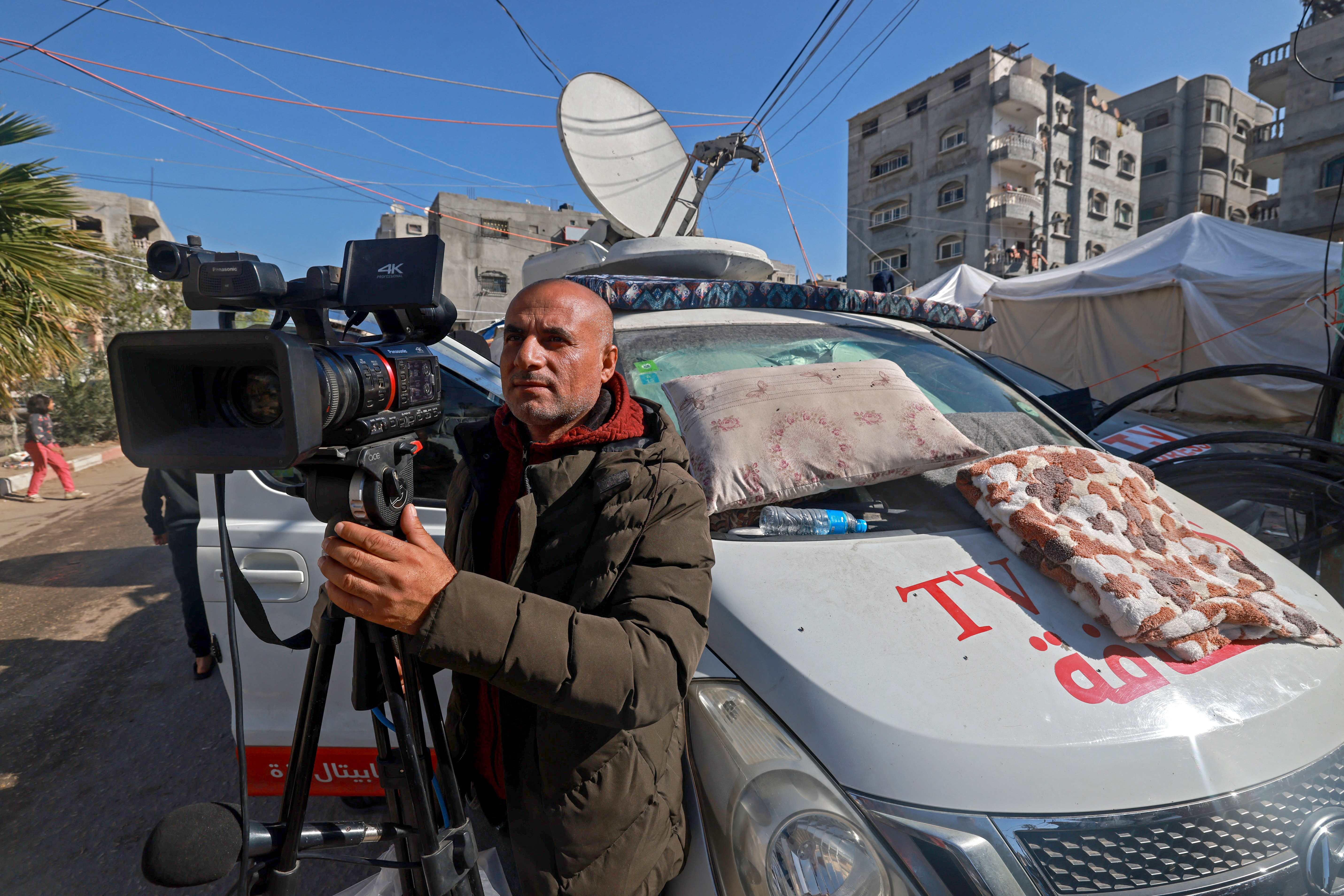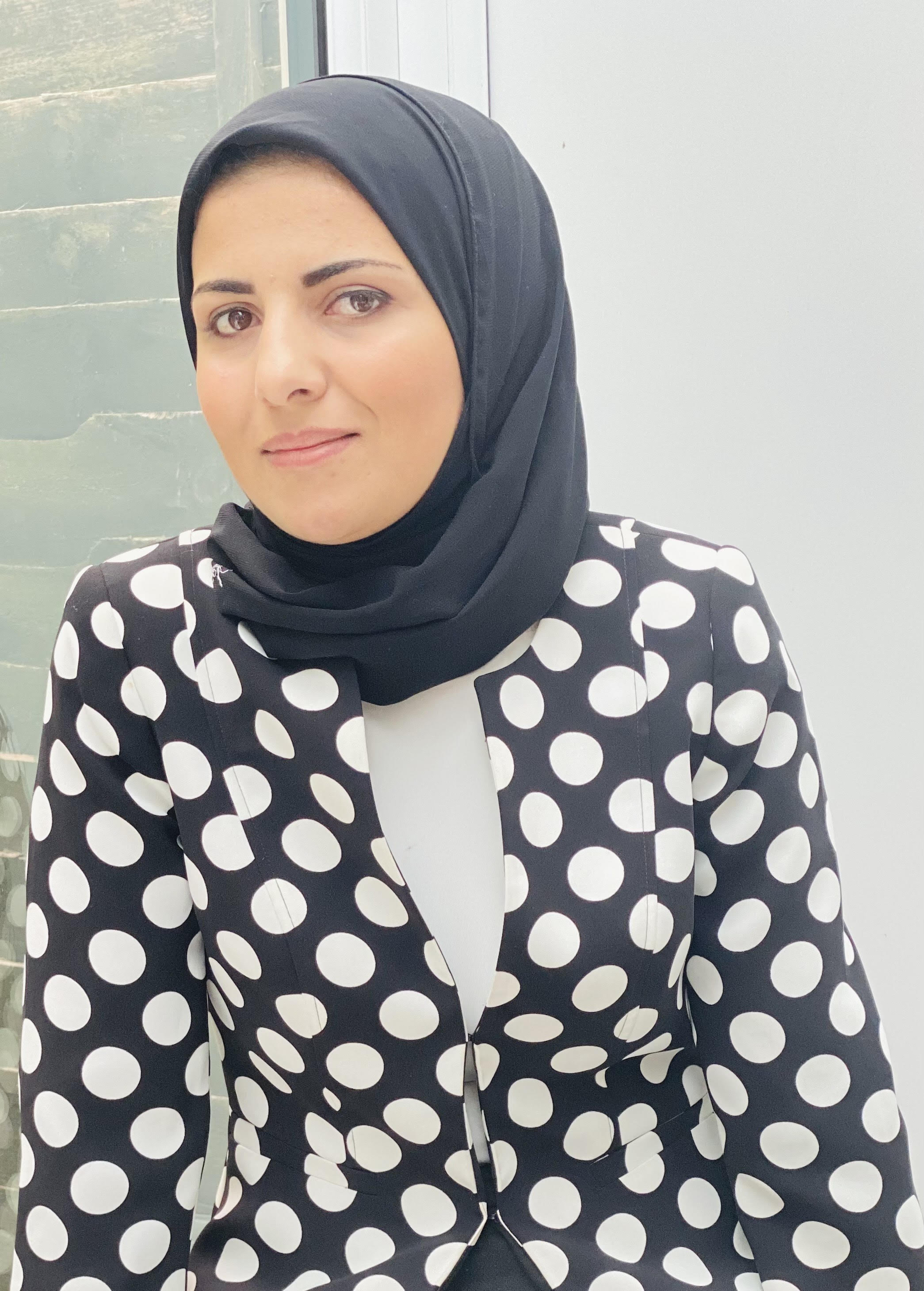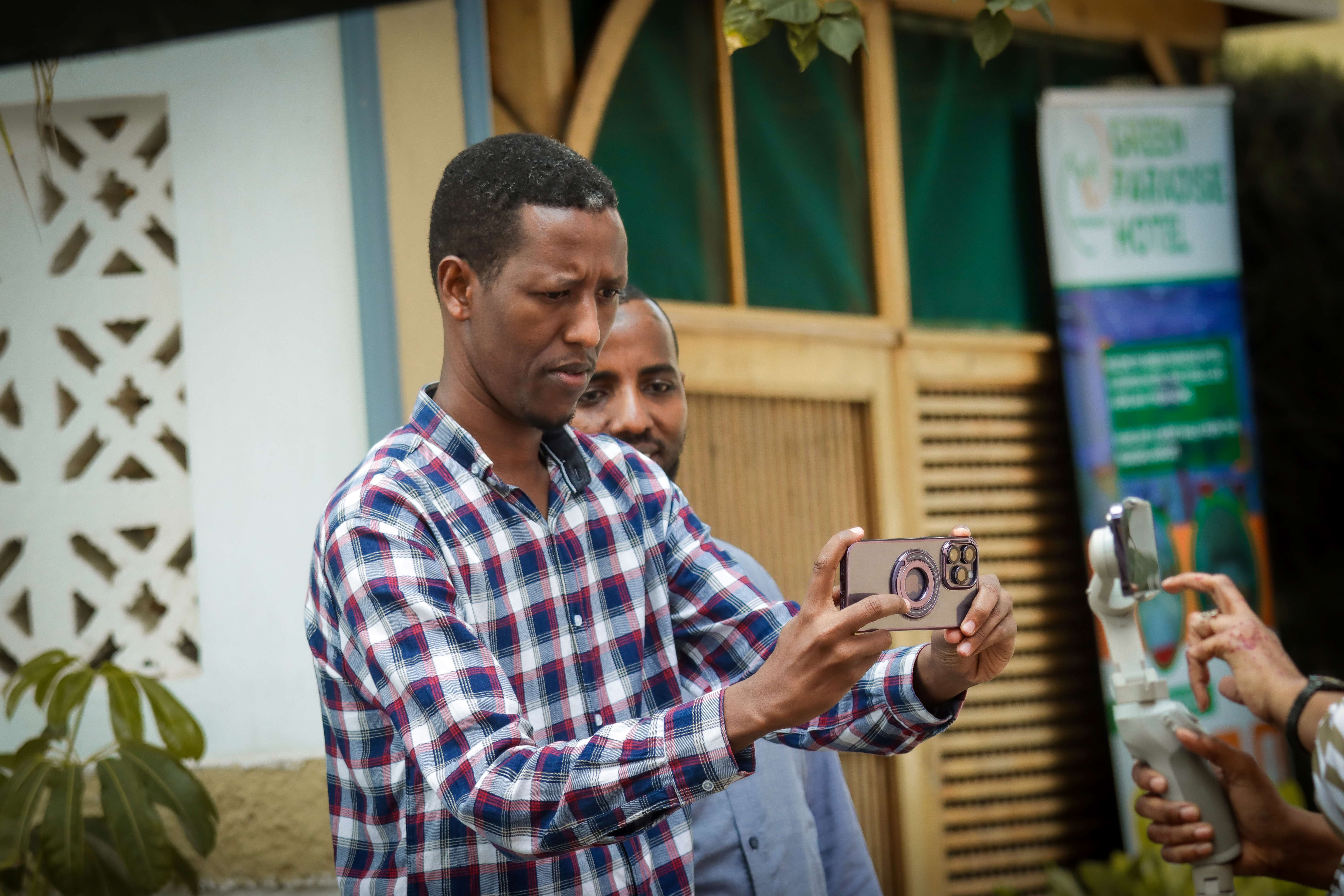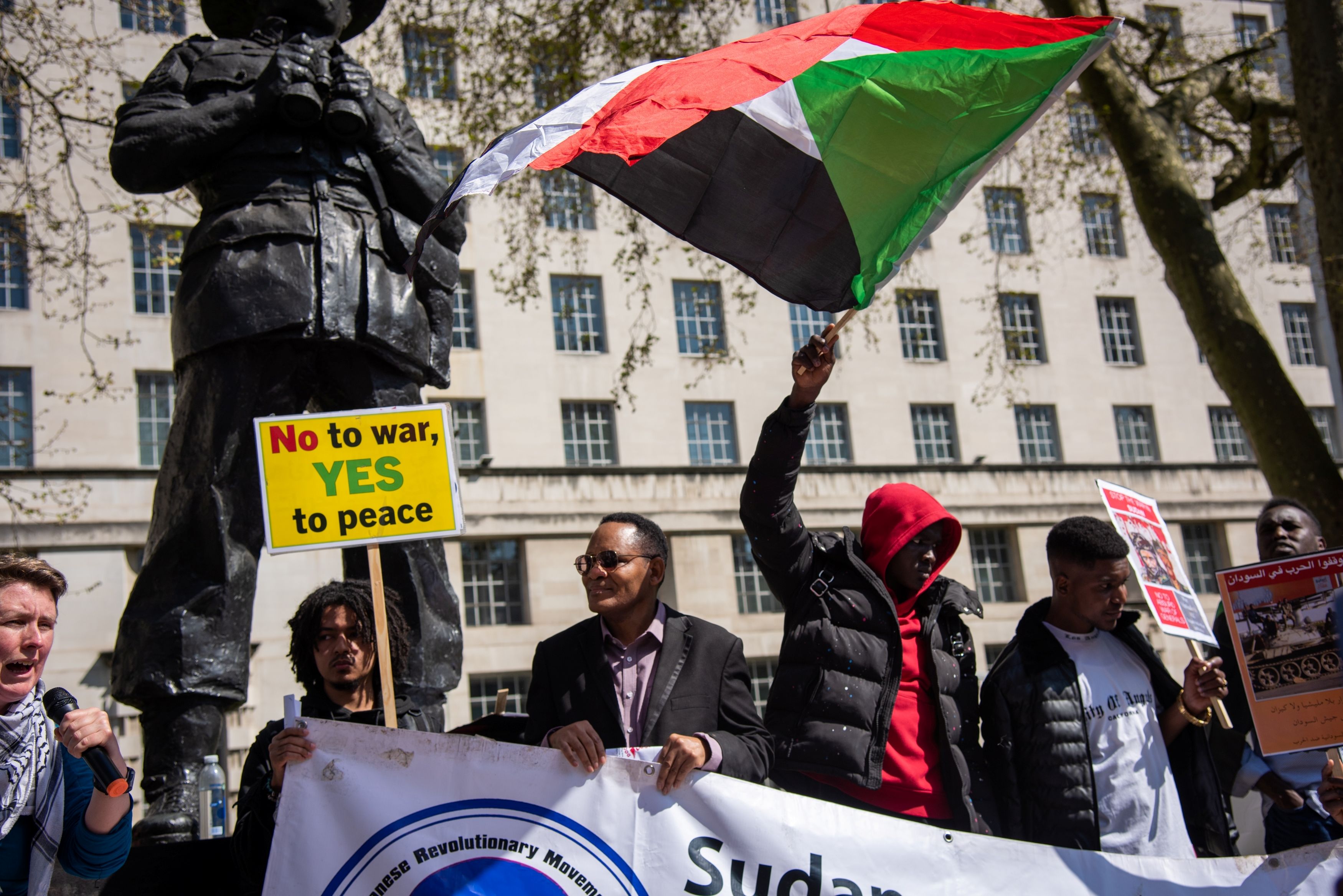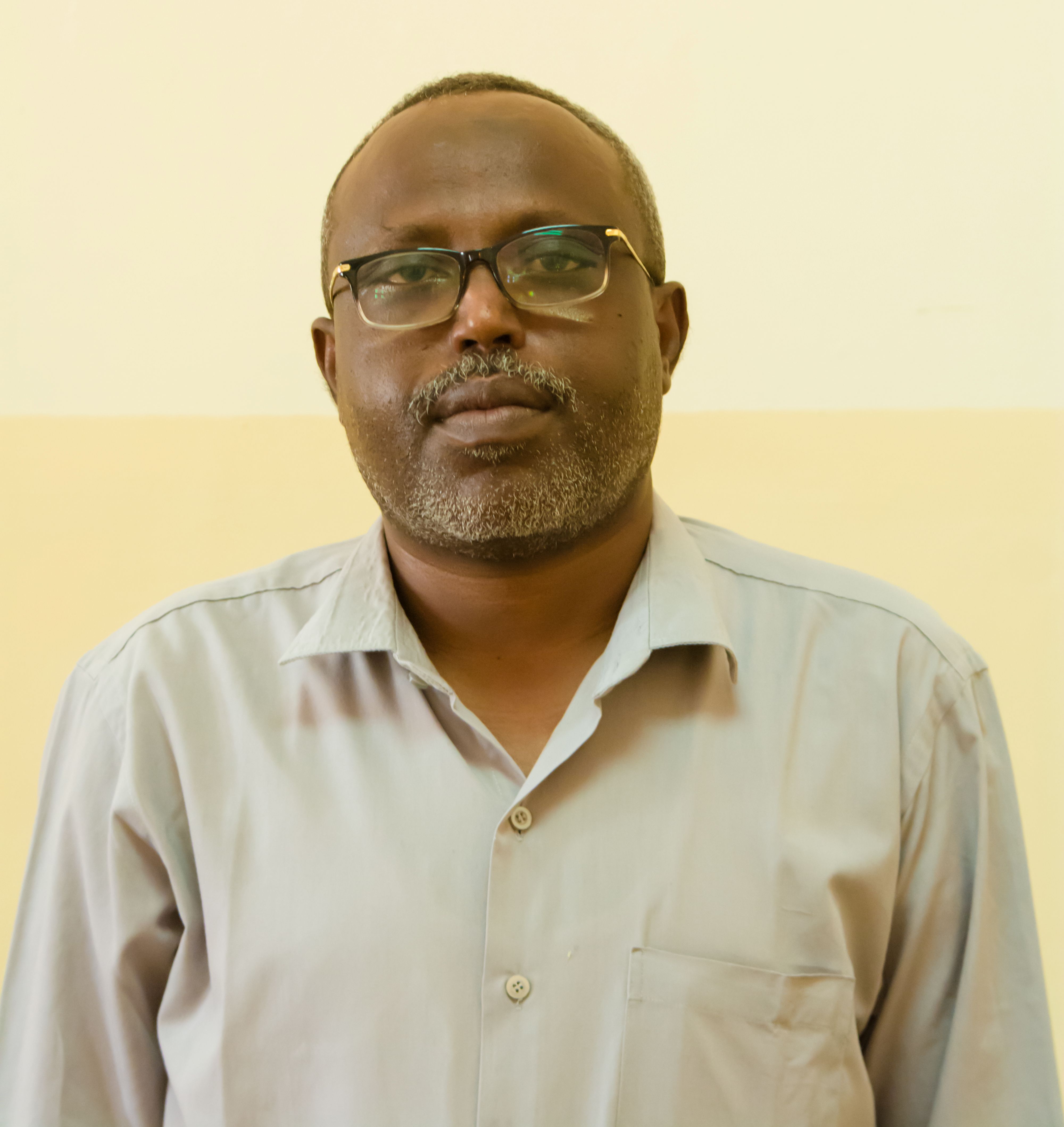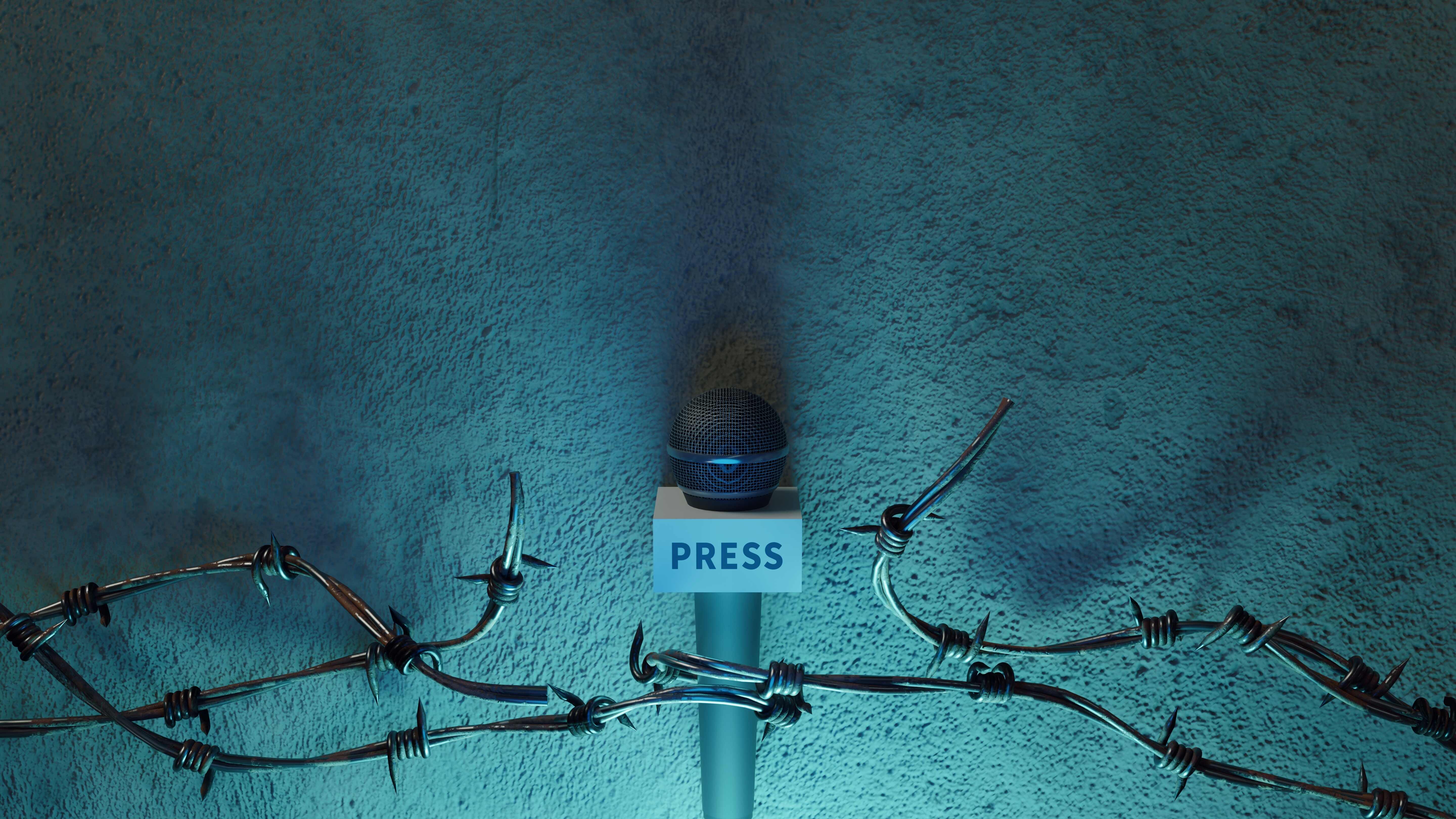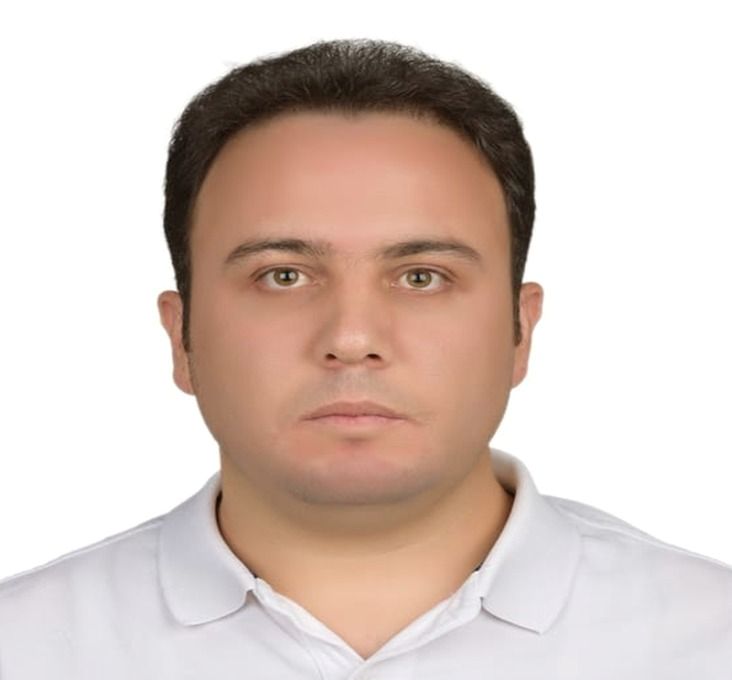Why does international media use loaded and dehumanising language about the Palestinians when reporting on the Israeli bombardment of 2.2 million people in Gaza?
This week, Queen Rania of Jordan, called out what she sees as a "clear double standard" by Western leaders and media in their complete failure to condemn the killing of thousands of civilians in Gaza by Israeli airstrikes.
In an interview with CNN, Queen Rania eloquently highlighted the very biased way that Western media has framed the bombardment of Gaza for the past three weeks.
While condemnation of the October 7 Hamas attack on civilians and military in the south of Israel has been resounding in Western media and from the lips of Western leaders, Queen Rania asked why the killing of more than 7,000 people in Gaza, mostly women, children and the elderly, was being overlooked.
Her critique echoes a widespread feeling in the Arab world and beyond that international media coverage of Gaza falls far short of ethical standards, showing a total departure from neutrality which is evident to many observers.
In her CNN interview, presenter Christiane Amanpour made sure to ask Queen Rania what she felt about the Hamas attack on October 7. This is something all Palestinians are required to do when appearing on Western media broadcasts. However, this requirement is almost never made of Israelis about the bombardment of Gaza. Piers Morgan’s interviews are a particularly good example of this.
When the Palestinian Ambassador to the UK, Hussam Zomlot, was interviewed by the BBC, he was also asked to condemn Hamas. In response, he asked the interviewer a question many of us were asking ourselves: “Why don't you start your interviews with Israelis asking them to condemn themselves?”
He added: “You bring us here whenever the Israelis are killed. Did you bring me here when there are many Palestinians in the West Bank - more than two hundred over the last few months?”
In another interview on Talk TV - this time with Piers Morgan - Zomlot asserted that Morgan was not being impartial and that, as a representative of a Palestinian organisation, he had the right to a bias, where the journalist should not. This highlights the importance of international journalists maintaining neutrality and refraining from taking sides in interviews. They should avoid pushing their own narrative and repeatedly interrupting guests who are attempting to provide context.
Language matters
During an interview on Sky News earlier this week, the presenter introduced Palestinian guest Yara Eid by first mentioning that "1,400 Israelis were killed", before going on to add, "while Palestinian officials say that more than 4,000 people have died in Gaza".
The implications of the language used are clear. The presenter not only used different words, "killed" and "died," to describe the same situation but also attributed the Palestinian death toll to a source's statement, suggesting that it's merely what they are claiming. Eid picked her up on this and reminded the presenter that she has an ethical obligation to use the right words.
The mis-use of language contributes directly to the spread of fake news, because “death” is completely different from “killed”, but that was not the only fake news we have heard during this war.
Many international media outlets chose to report as fact the Israeli claim that 40 Israeli babies were killed near the Gaza border, relying on Israeli sources without even attempting to verify the news or view the pictures the Israeli army claimed to have. CNBC chose to use “Unverified reports of ‘40 babies beheaded’ in Israel-Hamas war inflamed social media” as a headline. But unverified news should not be on the news before it is verified.
American President Joe Biden became part of this story when he spread the fake news himself; the White House had to later retract a statement he made, saying that the American administration had not verified the news or seen the pictures of any “beheaded babies”.
In the same context, Biden said on Wednesday that he doesn't have confidence in the death toll of Palestinians coming from Gaza, however he doesn't have a source for different numbers either.
Dehumanisation of Palestinians
Dehumanisation, often orchestrated by governments and leaders, is a method used to degrade the humanity of specific groups or individuals. Its purpose is to erode the moral constraints against acts of violence, genocide or systemic discrimination, making these acts more likely to occur.
An example of this dehumanising rhetoric can be seen in the statement made by Israeli Prime Minister Yoaav Galant, who referred to those involved in the conflict as "human animals".
This dehumanisation can also be seen in international media coverage, particularly in the context of the besieged Gaza Strip. It is manifested through the use of terms such as "human shields" and "terrorists” which serve to rationalise the large number of casualties in Gaza during times of conflict, with a death toll from the past three weeks alone now exceeding 7,000.
Furthermore, there is a tendency to depersonalise the victims by focusing solely on the numbers, neglecting the opportunity to portray them as individuals with human stories.
However, occasionally, certain individuals receive more attention, such as the case of the German tattoo artist held hostage in Gaza. Her story highlights the stark contrast in media coverage, as she was spotlighted due to her identity as an artist attending a music concert, despite initial reports of her being killed and subjected to violence, only to be later found alive.
Two Israeli elderly ladies who were released by Hamas earlier this week held a press conference in which one of them said she was treated well by Hamas, and that they got all what they asked for while being held. However, the New York Times chose this headline for its piece about them: “85-Year-Old Held Hostage in Gaza Says She ‘Went Through Hell’.”
The media wields significant influence in keeping the public informed about current events and shaping their opinions on various matters. Therefore, it is of utmost importance that media organisations provide their audience with accurate, impartial information instead of intentionally misleading them with biased content.
Abeer Ayyoub is a freelance journalist based in Istanbul
The views expressed in this article are the author’s own and do not necessarily reflect Al Jazeera Journalism Review’s editorial stance
